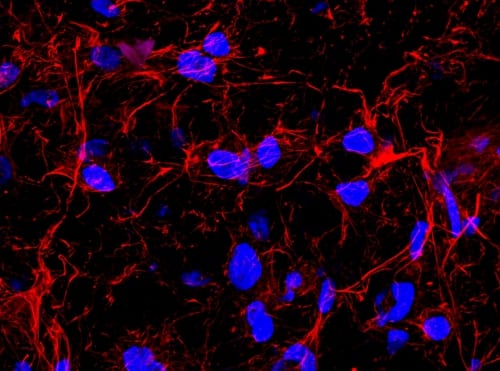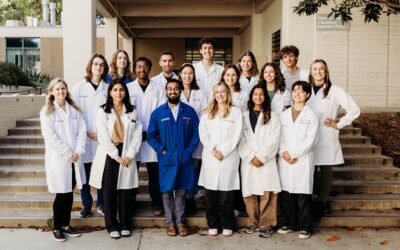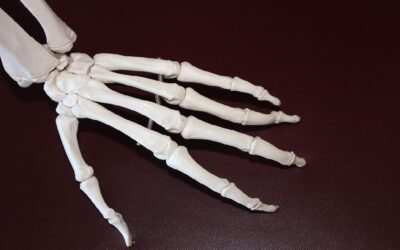 Stem cells hold much promise for use in the regeneration of diseased and injured tissues. A key hurdle preventing use of stem cell therapies in clinics is the lack of efficient strategies to transplant and retain healthy cells to the site of interest. Direct injection of cells is considered most ideal, since it is minimally invasive, but often results in poor cell viability. The use of hydrogel materials as injectable cell-carriers is one potential strategy to overcome this limitation.
Stem cells hold much promise for use in the regeneration of diseased and injured tissues. A key hurdle preventing use of stem cell therapies in clinics is the lack of efficient strategies to transplant and retain healthy cells to the site of interest. Direct injection of cells is considered most ideal, since it is minimally invasive, but often results in poor cell viability. The use of hydrogel materials as injectable cell-carriers is one potential strategy to overcome this limitation.
Now, new work describes the use of a protein-engineered hydrogel – MITCH, a Mixing-Induced Two-Component Hydrogel – injectable cell-delivery vehicle. Formed by spontaneous hetero-assembly, MITCH is shear-thinning and self-healing, and encapsulates cells at constant physiological conditions. Testing of this system showed that, when used to deliver human adipose-derived stem cells, MITCH resulted in significantly increased cell retention compared to Type I collagen or saline alone up to two weeks post-transplantation, demonstrating its potential for use in injectable therapy development.














